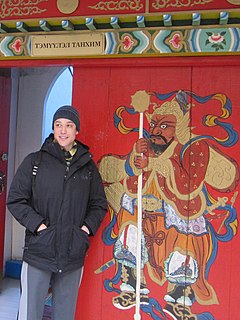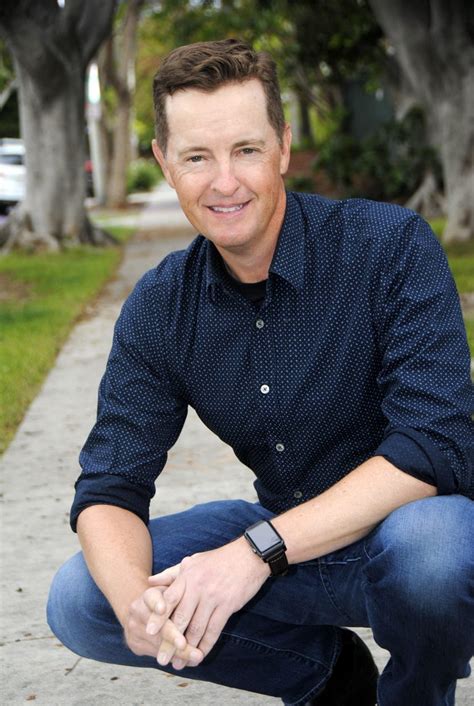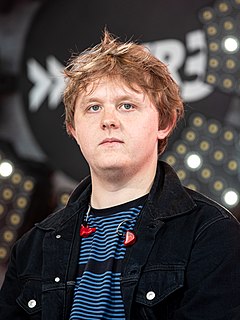A Quote by Shane Black
I think about the audience in the sense that I serve as my own audience. I have to please myself the way, if I saw the movie in a theater, I would be pleased. Do I think about catering to an audience? No.
Related Quotes
I don't think about the audience, I don't think about what makes them happy, because there's no way for me to know. To try to think of what makes for entertainment is a very Japanese thing. The people who think like this are old-fashioned. They think of the audience as a mass, but in fact every person in the audience is different. So entertainment for everyone doesn't exist
I don't understand choreographers who say they don't care about the audience or that they would be happy to present their works non-publicly. I think dance is a form of communication and the goal is to dialogue with the audience. If an audience member tells me they cried or that the dance moved them to think about their own journey or a family member's, then the work is successful.
Speakers find joy in public speaking when they realize that a speech is all about the audience, not the speaker. Most speakers are so caught up in their own concerns and so driven to cover certain points or get a certain message across that they can't be bothered to think in more than a perfunctory way about the audience. And the irony is, of course, that there is no hope of getting your message across if that's all the energy you put into the audience. So let go, and give the moment to the audience.
Christian audience, I think, have grown very tired of movies that try to pander to them. For instance if someone goes, "Ok, we're designing what we're going to do with this movie. It's a Christian movie and they'll eat it up." And you know what? Consumers are smarter than that. They go, "The movie isn't that great and he thought that I would just be a sucker and plop my $10 down for it?" Because you're looking down at the audience. You can't pander to an audience.
I think when you're younger, as an actor you have much more of a notion that you are doing something to the audience. But with experience, I think you begin to worry less about what the audience's experience is and concentrate on working with the other actors, and that tends to let the audience do more work.



































